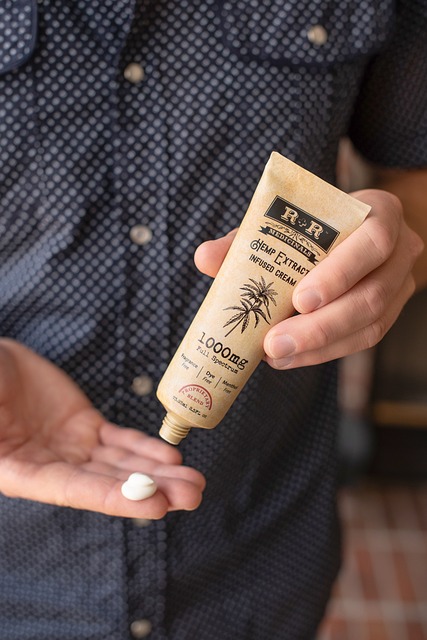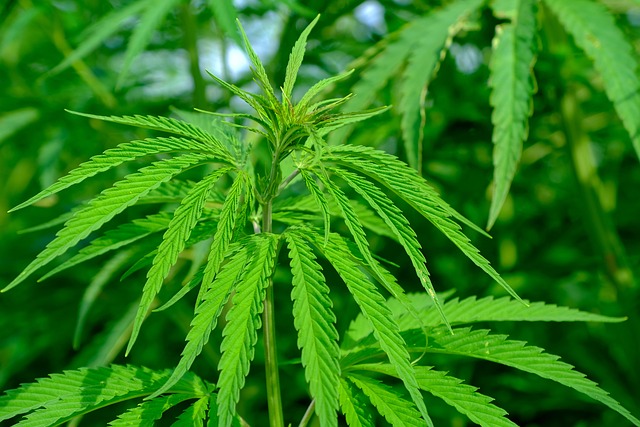Category: Benefits of hemp isolate
Benefits of Hemp Isolate: Unlocking a Versatile Natural Resource
Introduction
In the ever-evolving world of natural resources and sustainable solutions, hemp isolate has emerged as a powerful player, capturing the attention of industries worldwide. This article aims to delve into the multifaceted benefits of hemp isolate, exploring its potential across various sectors and its impact on global markets. By understanding its unique properties, historical significance, and modern applications, we can appreciate why hemp isolate is more than just a trend—it’s a game-changer with profound implications.
Understanding Hemp Isolate: Unlocking Nature’s Treasure
Definition: Hemp isolate, derived from the cannabis plant (Cannabis sativa), is a highly concentrated form of cannabidiol (CBD), a natural compound known for its diverse therapeutic properties. It represents a mere fraction (typically less than 0.3%) of the entire cannabis plant, yet it holds immense value due to its purity and wide-ranging benefits.
Core Components: The isolation process focuses on extracting CBD from other cannabinoids present in the plant, resulting in a pure compound. This isolate is free from tetrahydrocannabinol (THC), the psychoactive component responsible for the ‘high’ associated with cannabis, making it safe and non-intoxicating. Other beneficial compounds, such as terpenes and flavonoids, may also be present in trace amounts, contributing to its overall efficacy.
Historical Context: Hemp has been cultivated and utilized by humans for thousands of years, primarily for its fibers in textiles and rope-making. However, its therapeutic potential was largely overlooked until recent times. The modern interest in hemp isolate can be attributed to the growing acceptance of cannabis-derived compounds and the rapid advancements in extraction technologies.
Significance: Hemp isolate offers a wide array of benefits, from promoting relaxation and reducing anxiety to exhibiting anti-inflammatory properties and supporting skin health. Its non-intoxicating nature makes it accessible to a broader range of consumers, opening doors for its integration into various industries, including healthcare, wellness, food, and cosmetics.
Global Impact and Trends
The global benefits of hemp isolate market have witnessed exponential growth, fueled by evolving consumer preferences, changing regulations, and increasing scientific interest. Key trends shaping this industry include:
-
Legitimization of Cannabis: Many countries and regions have relaxed their laws regarding cannabis, both medicinal and recreational, leading to a surge in research and commercial opportunities for hemp isolate.
-
Medical Research: The medical community’s growing acceptance of CBD has spurred extensive research, highlighting its potential in managing pain, reducing seizures, and addressing anxiety disorders. This has translated into increased demand for hemp-derived products.
-
Wellness and Self-Care: Consumers are increasingly prioritizing wellness, driving the popularity of natural remedies and supplements. Hemp isolate’s stress-relieving and sleep-enhancing properties have made it a sought-after ingredient in relaxation aids.
-
International Expansion: The market is expanding globally, with North America, Europe, and Asia leading the way. Each region has unique cultural and regulatory landscapes, influencing the adoption and application of hemp isolate.
Economic Considerations: A Growing Industrial Sector
Market Dynamics
The global hemp isolate market is experiencing robust growth, projected to reach USD 52 billion by 2027, according to a report by Grand View Research. This growth is driven by the increasing acceptance of CBD-based products and the expanding medical cannabis industry. The market’s fragmentation into various product types, including oils, capsules, topicals, and edibles, caters to diverse consumer preferences.
Investment Patterns
Hemp isolate has attracted significant investment from venture capitalists and established companies alike. The potential for high returns and the perceived low risk associated with this sector have driven funding towards research, cultivation, and product development. Startups focused on hemp-derived products are increasingly gaining traction, while big pharmaceutical companies are also showing interest in CBD’s therapeutic applications.
Economic Impact
The economic implications of hemp isolate extend beyond direct sales. It has created new job opportunities in cultivation, extraction, manufacturing, and retail. The agriculture sector benefits from the increased demand for industrial hemp, leading to potential farm diversification. Furthermore, the emergence of hemp-derived product lines contributes to a more diverse and resilient economy.
Technological Advancements: Revolutionizing Extraction and Application
The field of hemp isolate has seen remarkable technological progress, enhancing efficiency, purity, and product diversity. Some significant advancements include:
-
Advanced Extraction Methods: Modern extraction techniques, such as CO2 supercritical fluid extraction, allow for the isolation of CBD with minimal temperature and pressure, preserving its integrity. This method ensures high-purity hemp isolate while reducing environmental impact.
-
Innovative Product Formulations: From topical creams to edible capsules, manufacturers are exploring various delivery methods. Nanotechnology is being employed to create nano-emulsions, enhancing the bioavailability of CBD and allowing for more effective absorption.
-
Digitalization and Online Retail: E-commerce platforms have revolutionized hemp isolate sales, providing consumers with convenient access to a wide range of products. Digital marketing plays a crucial role in educating customers about CBD’s benefits and dispelling myths.
-
Research and Development: Ongoing research efforts are focused on understanding the complex interplay between cannabinoids and the human body. This includes exploring synergistic effects, known as the entourage effect, where multiple compounds work together to enhance therapeutic outcomes.
Policy and Regulation: Navigating a Complex Landscape
The legal status of hemp isolate varies significantly across countries, making global trade and market development challenging. Key considerations include:
-
International Conventions: The United Nations Convention on Psychotropic Substances places restrictions on the production and distribution of cannabis. However, countries can apply for exemptions for medicinal or scientific purposes, as long as they meet specific criteria.
-
Domestic Legislation: Many countries have enacted their own laws regarding hemp cultivation and CBD products. For instance, the 2018 Farm Bill in the United States legalized hemp at the federal level, removing it from the list of controlled substances. However, individual states may still have stricter regulations.
-
Regulatory Challenges: The lack of uniform global standards creates complexities for manufacturers and retailers. Products with varying concentrations of CBD and THC can face regulatory hurdles when crossing borders. Standardization and clear guidelines are essential to facilitating trade and ensuring consumer safety.
Challenges and Criticisms: Overcoming Obstacles
Despite its numerous benefits, hemp isolate faces several challenges and criticisms that require addressing for sustainable growth. These include:
-
THC Legal Restrictions: In many regions, products containing even trace amounts of THC are subject to stringent regulations, limiting the types of products available and potentially deterring consumers. Research into broad-spectrum CBD extracts with minimal THC could mitigate this issue.
-
Product Quality and Safety: The lack of regulation in some regions may lead to inconsistent product quality and safety. Independent testing and third-party certification can ensure consumer trust and promote industry standards.
-
Stigma and Misinformation: Hemp isolate, like cannabis, continues to face societal stigma and misinformation. Educating the public about its non-intoxicating nature and potential health benefits is crucial for widespread acceptance.
-
Agricultural Concerns: While hemp cultivation offers environmental benefits, intensive farming practices can lead to soil degradation if not managed sustainably. Promoting responsible farming methods and encouraging rotation crops can ensure long-term viability.
Case Studies: Real-World Applications and Success Stories
Case Study 1: Hemp Isolate in Healthcare
Setting: A leading research university in the United States.
Application: Researchers conducted a clinical trial using hemp isolate-derived CBD to manage chronic pain among patients with arthritis. The study involved a double-blind, placebo-controlled design, where participants received either a high-potency CBD oil or a placebo.
Outcomes: After 12 weeks, the CBD group reported significantly reduced joint pain and improved physical function compared to the placebo group. The results suggest that hemp isolate could offer a safe and effective alternative for managing chronic inflammatory conditions. This study highlights the potential of hemp in healthcare, paving the way for further research into its therapeutic applications.
Case Study 2: Hemp-Derived Skincare Products
Background: A renowned cosmetic company focusing on natural ingredients.
Strategy: The company developed a line of skincare products incorporating hemp isolate as a key ingredient. These products aimed to harness CBD’s anti-inflammatory and antioxidant properties for various skin concerns, including acne and aging.
Results: Within six months of launch, the hemp-derived skincare range became a top seller, accounting for 20% of the company’s revenue. Consumer feedback praised the products’ effectiveness in calming acne-prone skin and reducing fine lines. This case demonstrates the commercial success and consumer appeal of hemp isolate in the beauty industry.
Case Study 3: Hemp in Agriculture: A Sustainable Solution
Location: A small farming community in Europe.
Initiative: Farmers adopted industrial hemp cultivation as a means to diversify their crops and improve soil health. They implemented sustainable farming practices, including crop rotation and cover cropping.
Impact: The introduction of hemp resulted in improved soil structure, increased water retention, and enhanced biological activity. Crop yields for subsequent seasons showed significant improvements, leading to better farm incomes and environmental benefits. This case study highlights hemp’s potential as a sustainable crop for both economic and ecological reasons.
Future Prospects: Exploring New Frontiers
The future of hemp isolate is brimming with opportunities as research, technology, and public perception continue to evolve. Key growth areas include:
-
Pharmaceutical Applications: The medical community’s growing acceptance will likely lead to more CBD-based prescription medications for various conditions, expanding the pharmaceutical sector.
-
Functional Foods: Hemp isolate can be incorporated into functional foods and beverages, providing consumers with easy access to its benefits. From hemp protein powders to infused water, these products cater to health-conscious consumers.
-
Pet Care: The pet food industry is showing interest in CBD’s potential for managing anxiety and pain in pets. Hemp-infused treats and supplements could become common, offering a natural approach to animal wellness.
-
International Expansion and Standardization: As regulations become more uniform globally, the market is poised for significant growth. Standardization of product definitions and quality control measures will ensure consumer confidence in international trade.
Conclusion: Harvesting the Rewards of Hemp Isolate
Hemp isolate has emerged as a powerful natural resource with diverse applications and benefits. Its ability to improve health, enhance well-being, and contribute to sustainable practices makes it a valuable asset across multiple industries. As research continues to uncover its potential, hemp isolate is set to play an increasingly significant role in shaping the future of wellness, agriculture, and global markets.
FAQ Section: Answering Common Queries
Q: Is hemp isolate legal?
A: Legality varies by region. While some countries have legalized hemp cultivation and CBD products, others may have stringent restrictions. Always check local regulations to ensure compliance.
Q: What are the side effects of hemp isolate?
A: Hemp isolate is generally considered safe for most adults when consumed in recommended doses. Common side effects may include mild dryness of the mouth or eyes, drowsiness, and changes in appetite, which are typically temporary and subside with adjustment.
Q: How does hemp isolate differ from marijuana?
A: Hemp isolate and marijuana (or cannabis) both come from the Cannabis sativa plant but have distinct characteristics. Hemp has lower concentrations of THC (typically <0.3%) and higher levels of CBD, making it non-intoxicating. Marijuana, on the other hand, contains higher THC content, producing psychoactive effects.
Q: Can hemp isolate help with anxiety?
A: Yes, numerous studies suggest that hemp isolate’s CBD compounds may help reduce anxiety and promote relaxation. It interacts with the endocannabinoid system, which plays a role in regulating mood and stress responses. However, individual results may vary.
Q: Is there scientific evidence supporting hemp isolate’s benefits?
A: Research into hemp isolate is growing, and numerous studies support its potential health benefits. For instance, a 2019 review published in the Journal of Clinical Medicine highlighted CBD’s anti-inflammatory and analgesic properties, while another study in Frontiers in Pharmaceuticals explored its role in treating epilepsy.
Unleash Natural Vitality: Save Money, Boost Energy with Organic Hemp Isolate
Unleash Natural Energy: Discover Hemp Isolate’s Benefits & Save Money Today!
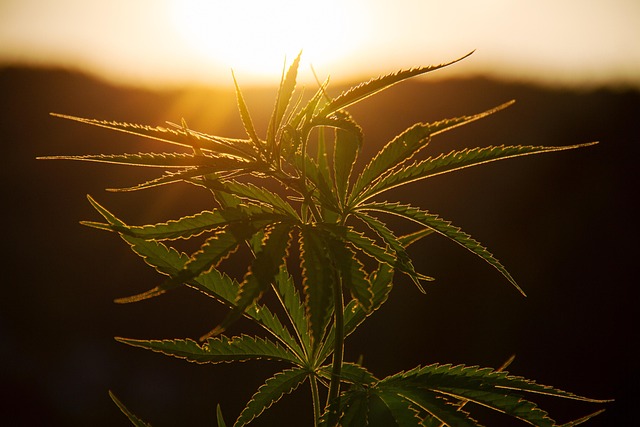
Tired of breaking the bank on energy drinks while battling sugar crashes and caffeine jitters? Hemp…….
Unleash Your Energy: Hemp Isolate’s Secret to a Guilt-Free Boost
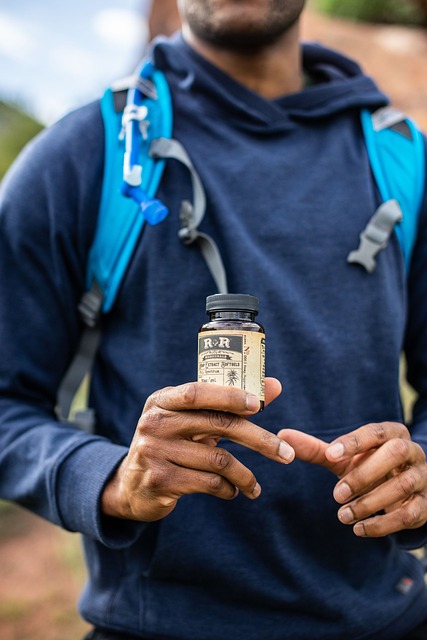
Tired of the ups and downs of traditional energy boosters? Discover Hemp Isolate, the natural soluti…….
Experience Sustained Energy: Discover the Benefits of Hemp Isolate – Free Sample!

Tired of the highs and lows of traditional energy boosts? Hemp Isolate offers a revolutionary, natur…….
Unleash Energy, Unlock Health: Save Big with Hemp Isolate’s Benefits
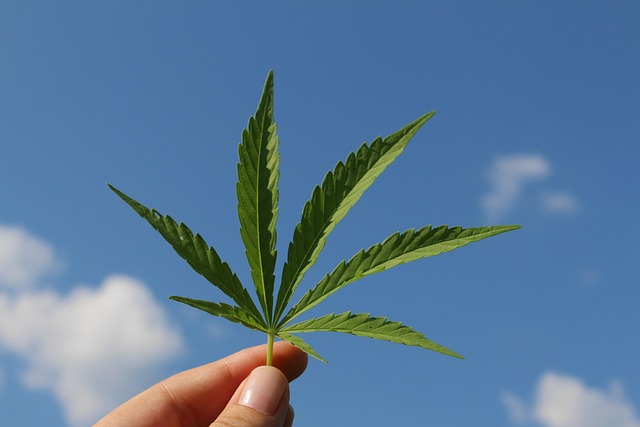
Unleash your inner vitality with Hemp Energy, where the power of nature meets your energy needs. Our…….
Revolutionize Your Energy: Save Money, Stay Green with Hemp Packaging
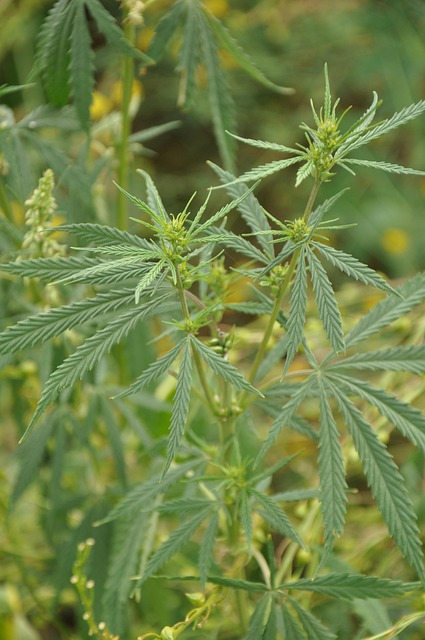
Tired of seeing your bottom line dwindle due to waste and returns? Hemp packaging for energy drinks…….
Unleash Natural Energy: Discover the Power of Hemp Isolate Today!
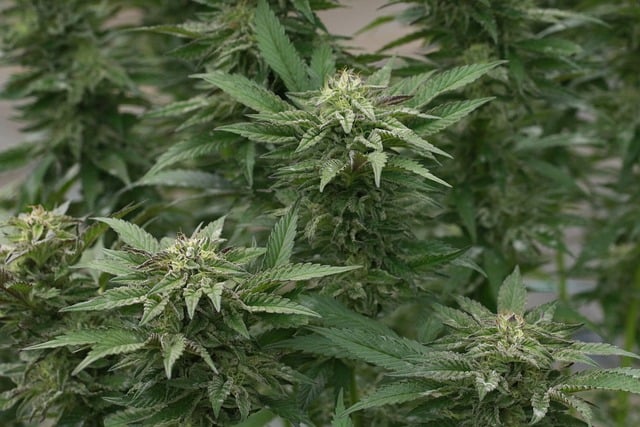
Unleash your full potential with our premium Hemp Isolate, a natural powerhouse that offers sustaine…….
Unleash Your Energy: Hemp Isolate’s Secret to Vitality & Wellbeing
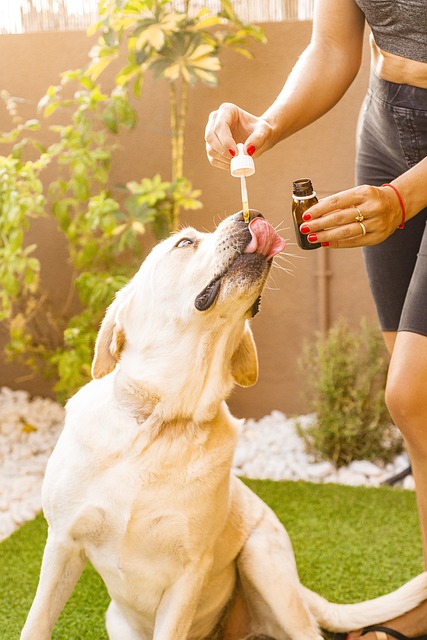
Tired of the energy crash that comes with traditional drinks? Hemp Isolate offers a natural, sustain…….
Hemp Packaging: Save Money, Boost Energy, Go Green!
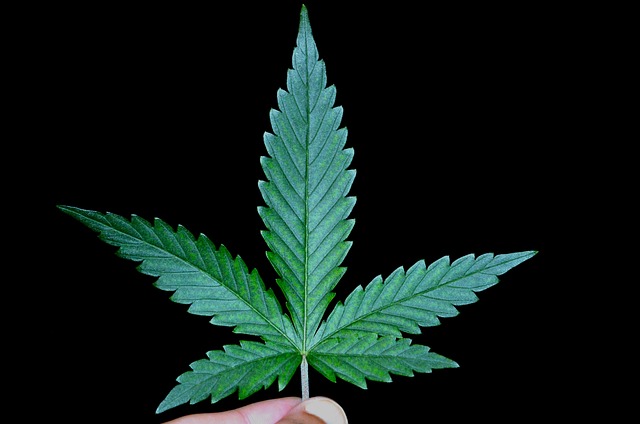
Revolutionize your energy drink packaging with Hemp Packaging from Best Energy. This game-changer of…….
